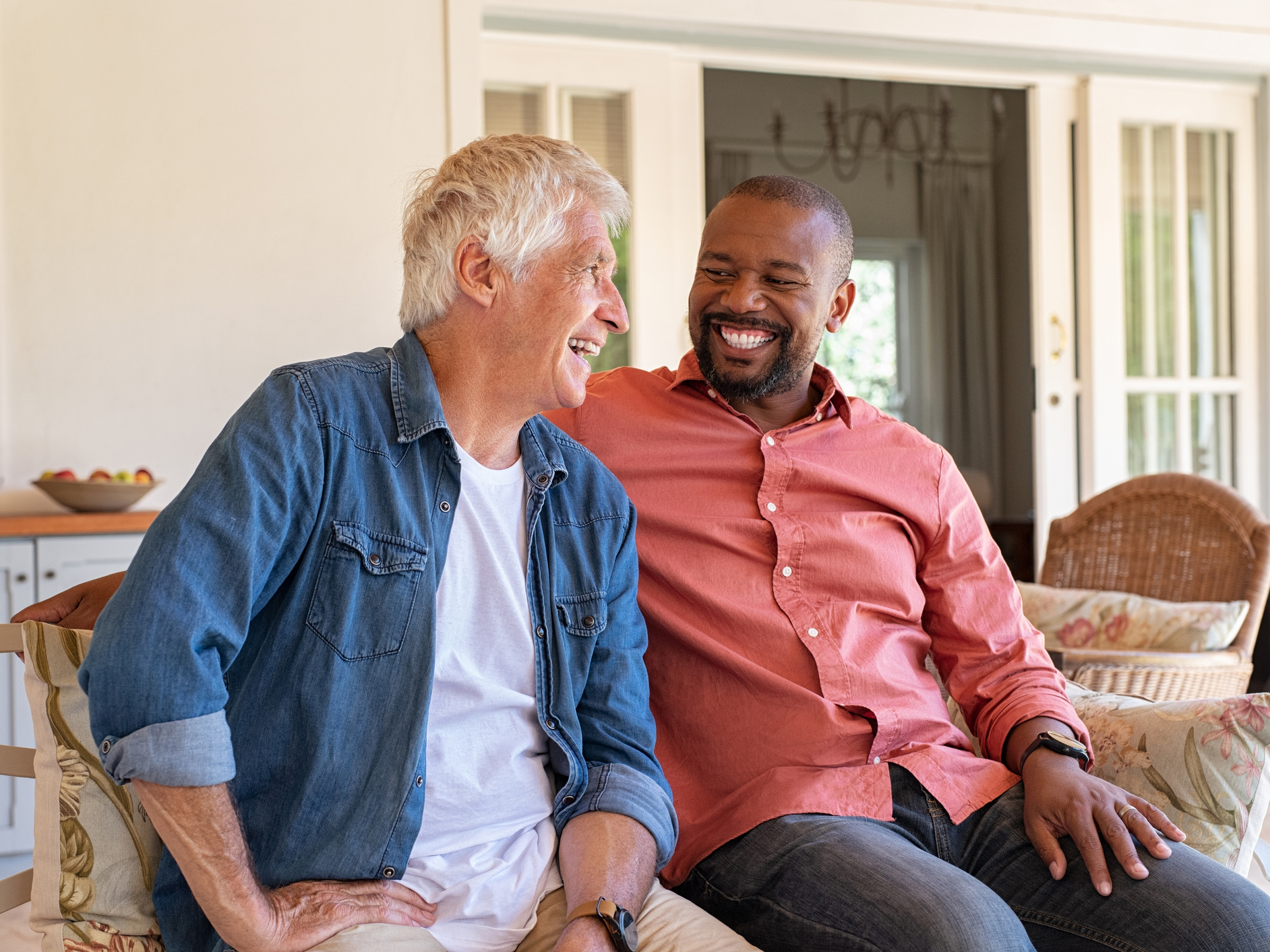Get Easy Health Digest™ in your inbox and don’t miss a thing when you subscribe today. Plus, get the free bonus report, Mother Nature’s Tips, Tricks and Remedies for Cholesterol, Blood Pressure & Blood Sugar as my way of saying welcome to the community!
Why friendship is as important as diet and exercise

On the Japanese island of Okinawa, it’s quite common for people to live to be 100 or more.
Okinawa is one of the Blue Zones of the world, places where longevity is common, and the reasons behind it have been identified.
For the Okinawans, part of it is their diet, which emphasizes a variety of plant foods and limits meats.
But another thing about the Okinawans is that they have got friendship down to a lifelong practice.
Most Okinawans belong to a lifelong tribe, or moai, which is an intentional social safety net that starts in childhood and often lasts into old age.
The Okinawans know that, besides diet, friendship is the thing that will make for a long, happy, healthy and productive life.
Friends help us cope with stress
Researchers at the University of Virginia took an unusual but very telling approach to the question, “does friendship change the way we approach challenges of daily life?”
The researchers stood at the base of a steep hill (26-degree incline) on the university campus and asked students who walked by to help them with an experiment.
They gave each student a backpack filled with weights equal to about 20 percent of their body weight. They then asked the students to estimate how steep and difficult the climb would be.
Students who were alone perceived the hill as steeper and thought it would be harder to climb. But students who were standing with a friend said the hill looked easier to climb and gave lower estimates of its steepness.
And, the longer the two friends had known each other, the less steep the hill appeared to be.
Other studies support the idea that social support helps us cope with stress. When female college students were asked to do some challenging math problems, their heart rate went up.
But with a friend in the room, their heart rates were lower.
3 more ways that friends are good for us
Friends help you live longer. Friendships can help us deal with stress, and stress is a killer. Knowing there’s someone you can turn to when life deals you a blow can make it less of a stressor.
Stress can also stimulate inflammation in the body, and inflammation is directly connected to heart disease, diabetes, arthritis, cancer, and other conditions. By having a buffer for stress, you are prolonging your life by lowering your vulnerability to these diseases.
Friends strengthen your immune system. A 2006 study found that the cardiovascular, neuroendocrine and immune systems are all strengthened by having strong social support.
And we already know that chronic loneliness triggers disease-causing inflammation.
Friends help keep your mind sharp. A 2012 Dutch study indicated that “feeling lonely,” rather than just “being alone,” can nearly triple your dementia risk.
The researchers speculate that loneliness often comes with a lack of stimulation, which can affect the cognitive systems involved in thinking.
How to connect
If you live alone, as I do, the peace and quiet may be a solace and a refuge. But make sure that you are aware of your emotions, and that you reach out when the silence gets too deafening.
Having people to reach out to is vital. And how do you make sure you have those people?
By purposefully cultivating those relationships.
- Join groups that share your interests. Painting, writing, or building dollhouses may be something you love, and do alone. Find other people who share your interests. Schedule some regular time, monthly or weekly, to compare notes and work together.
- Reach out to old friends. A quick note or phone call may be all it takes to keep the friendship alive.
- Make new friends. If you meet someone who strikes you as a person you’d like to get to know, go with that instinct. Don’t be shy! Suggest a cup of coffee… chances are the other person will be flattered, and a new friendship could ensue.
- Sing in a chorus. This is something I recommend from personal experience. Singing together is one of the best things you can do for your health.
Editor’s note: Did you know that when you take your body from acid to alkaline you can boost your energy, lose weight, soothe digestion, avoid illness and achieve wellness? Click here to discover The Alkaline Secret to Ultimate Vitality and revive your life today!
Sources:
- How to Be a Better Friend — The New York Times
- 5 Health Benefits of Friendship — CapTel
- 7 Ways Friendships Are Great for Your Health — Live Science
- Want to Live Longer? Get Some Friends — Live Science
- The Health Benefits of Friendship — Fix.com
- Social Support and Health: A Review of Physiological Processes Potentially Underlying Links to Disease Outcomes — Journal of Behavioral Medicine













